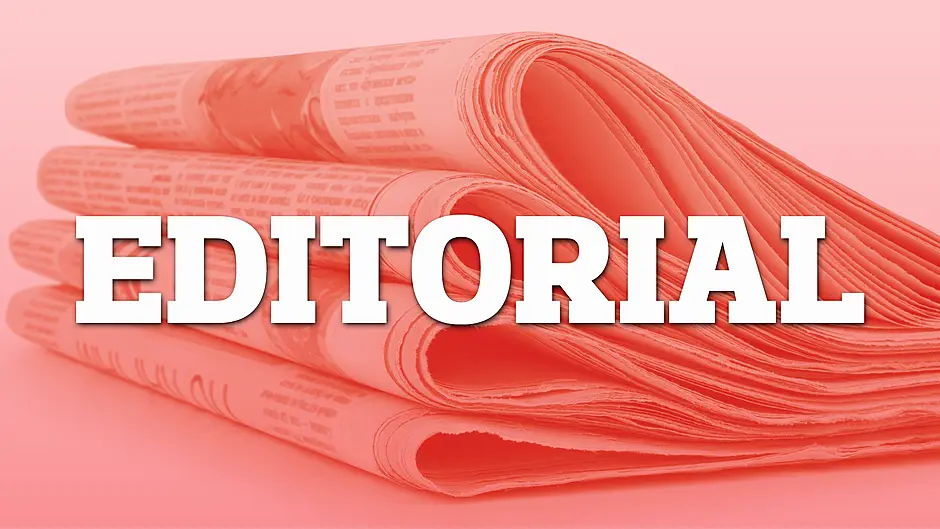THIS week we are celebrating a very important date in Irish economic and political history.
Ireland, along with Denmark and the United Kingdom, became a member of the European Communities on New Year’s Day in 1973.
This move followed on from a referendum in May 1972 which ratified the Treaty of Accession.
The signing of the Treaty of Accession has been described by the government as ‘the most important moment in Irish foreign policy since the foundation of the State’.
There is no doubt it set in train a journey for the Irish people which has seen us becoming a much more meaningful part of the continent of Europe.
We now proudly call ourselves ‘Europeans’ as well as Irish, and we have certainly embraced our relationship with the continent and no longer see ourselves simply as remote outliers filling part of the gap between the ‘mainland’ and the Americas.
This anniversary comes at a time when our identity as part of a larger union of countries has never been so relevant, or strategic.
Its relevance is stark now, in light of the recent years of turmoil in the UK since the Brexit vote of June 2016. And that turmoil shows no signs of dimming, as the once mighty empire appears to be lurching from one political or economic crisis to the next.
It is hard to disagree with the government commentary that the EU has been a catalyst in the creation of the prosperous, peaceful and progressive Ireland we live in today.
It also notes, of course, that Ireland has, in turn, contributed to the development of today’s European Union, though our financial contribution pales in comparison with the riches which have come our way.
There have been many controversies along the way, of course, not least the huge effect on agricultural and fisheries policies. But many would say that we have been the masters of our own fortunes in many regards, by not shouting as loudly as some of our other European colleagues at the negotiation table.
But observing our membership more generally, it has certainly given us a confidence and a greater ability to input into the forging of a new, stronger Europe.
The war in Ukraine has proven the importance of strength in unity. Our location on the edge of Europe could be used as a weapon by unscrupulous nations, so that ability to call on our neighbours to advocate for us should never be underestimated.
But it is probably in the sphere of economic strength that our membership of European has really proven its worth.
Our access to a single market of 27 countries – representing over 450m people – has proven to be a gamechanger for indigenous Irish companies and industries.
Speaking at the EU50 conference last October, the then-Taoiseach Micheál Martin noted that being part of the single market enables Irish businesses to avail of free movement of people, goods, services and capital. We need only to look to our nearest neighbours to see the alternate universe – the difficulties experienced by firms outside of those protective loops – and it easy to see there is no fear of an ‘Irexit’ any time soon.
At that same conference, Micheál Martin noted that ‘modernising and deepening the single market is a not a one-off event’. Rather, he said, it is a continuous exercise of adapting to changing socio-economic realities, to new technological imperatives, and to our strategic political objectives in advancing the twin climate and digital transitions.
But he noted that it’s not a perfect system, either. There are issues with the trading of services and we still have a long way to go with R&D and technology advances, among others.
He summed up his speech by saying the single market is a ‘core foundation of Europe’s peace and prosperity’.
So, despite its many foibles, our relationship with Europe over the past 50 years could probably be summed up with the phrase ‘better in than out!’










